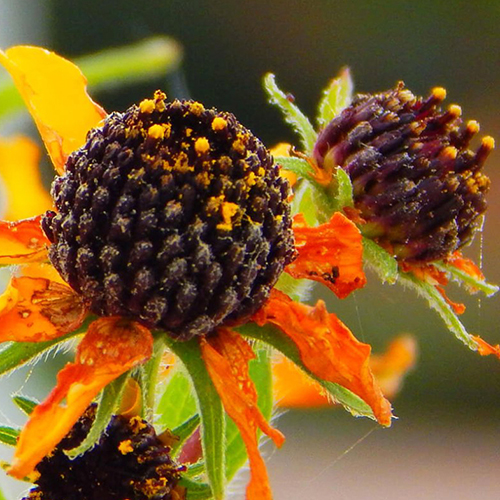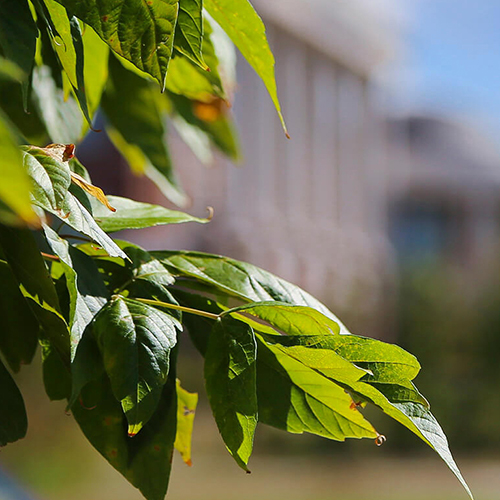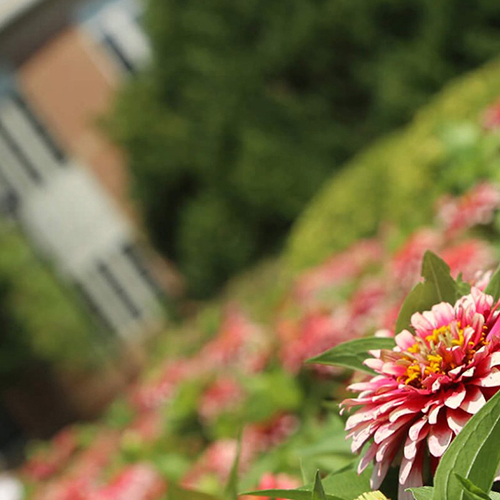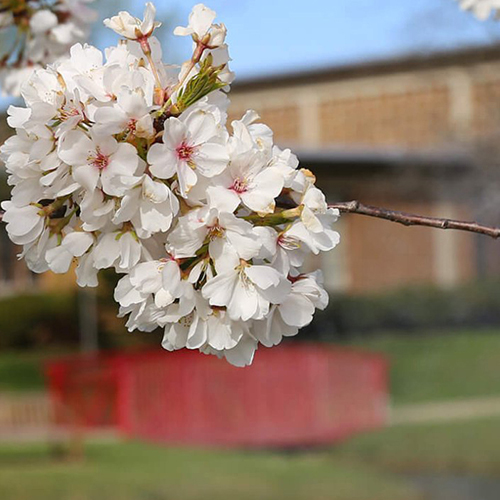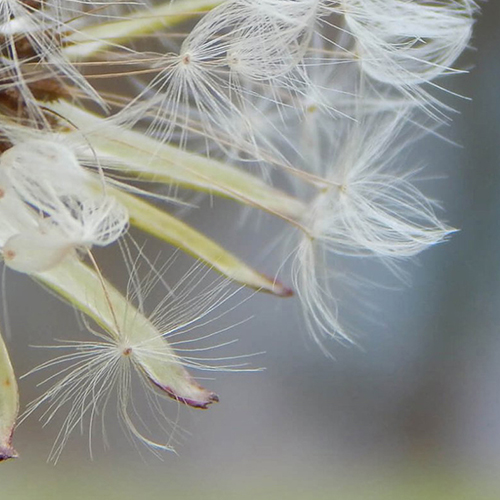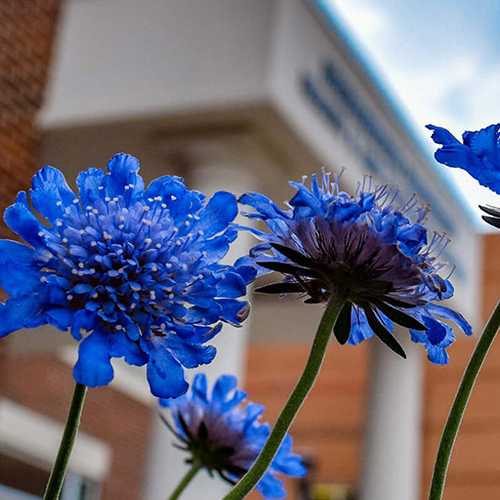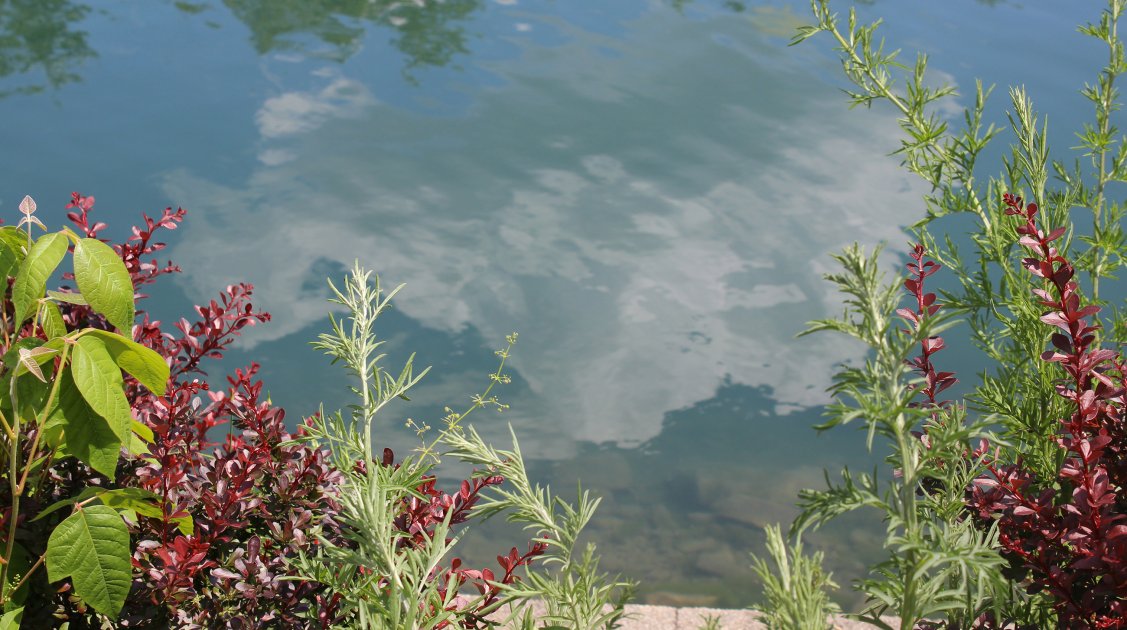
Sustainability at Shenandoah
Sustainability can be described as individuals and communities doing our part to build the kind of world that we want to live in and that we want our children and grandchildren to inherit. It means becoming aware of all the interconnections — visible and invisible — by which our day-to-day choices affect the intricate balance of social, economic and ecological systems.
Shenandoah University is making the right commitments to make steps toward a sustainable future. Decisions regarding building energy management systems, campus lighting, landscaping, pest management, purchasing and recycling are already showing signs of making a difference.
Shenandoah Shines With Solar Power System
Shenandoah University now boasts the largest rooftop solar power system of any Virginia college or university.
Through a partnership with the solar power company Secure Futures, of Staunton, Virginia, a total of 1,337 solar panels are spread across three buildings:
Athletics & Events Center
The James R. Wilkins, Jr. Athletics & Events Center now houses 982 panels at 20,106 square feet.
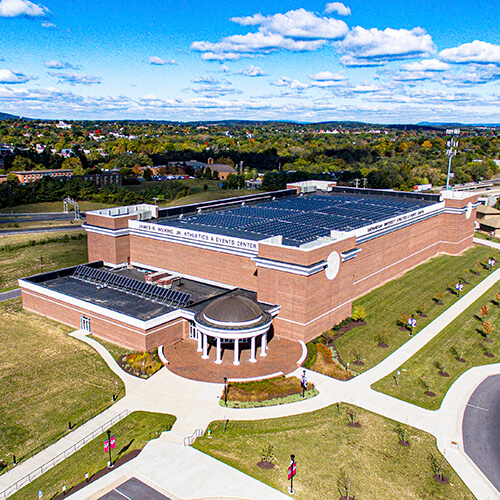
Ohrstrom-Bryant Theatre
Ohrstrom-Bryant Theatre now houses 229 panels at 4,689 square feet.
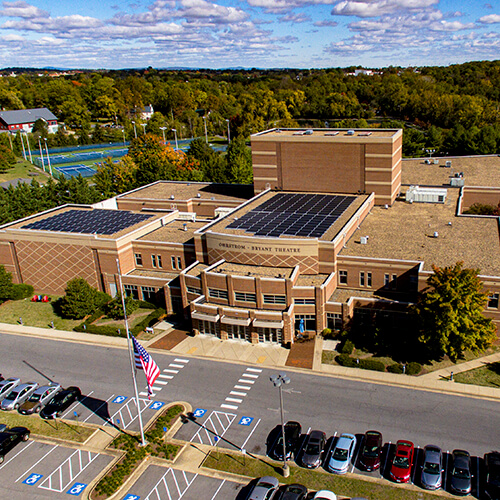
Alson H. Smith, Jr. Library
Alson H. Smith, Jr. Library now houses 126 panels at 2,580 square feet.
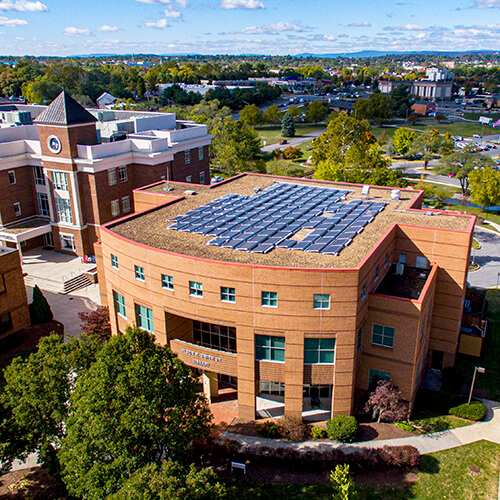
Pepsi Grant to Support Sustainability at Shenandoah
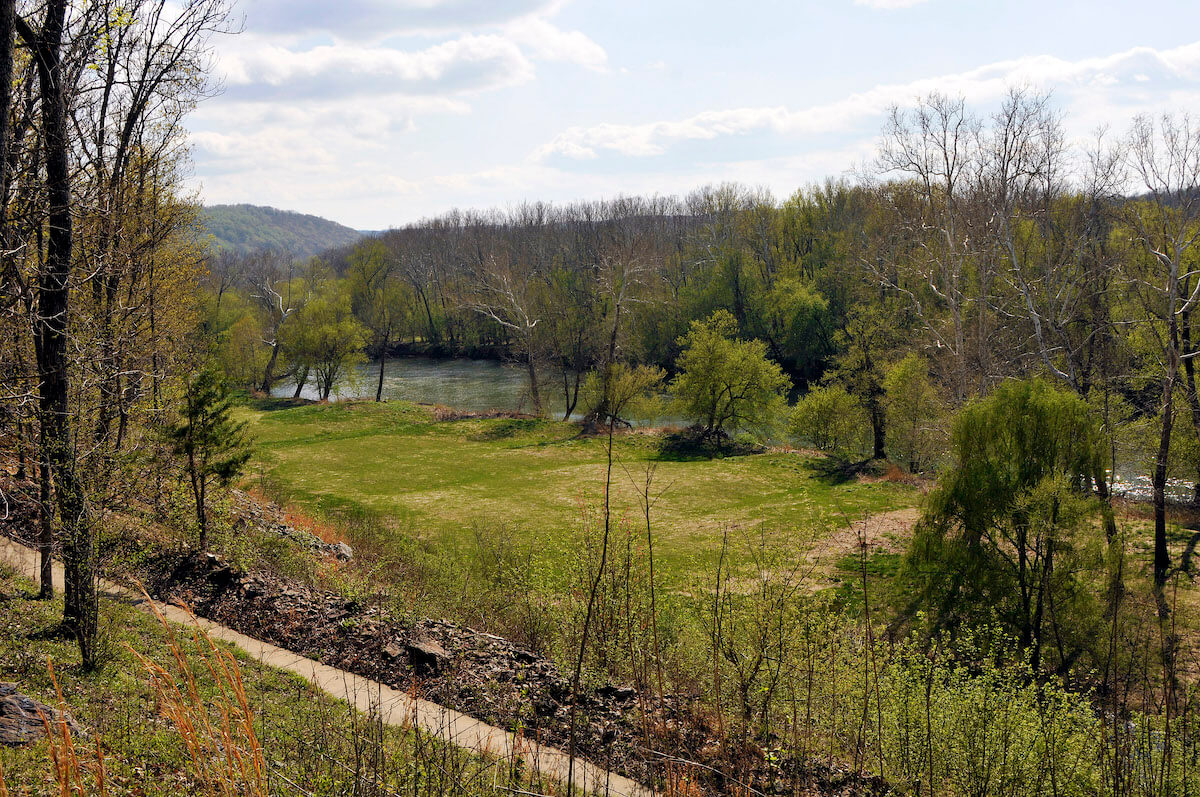
As a part of the Zero Impact Fund, Shenandoah University was selected out of more than 60 proposals to receive funding that will work to increase sustainability efforts on campus by creating a composting project for the Village apartments.
PepsiCo Recycling’s Zero Impact Fund aims to help schools across the country reach their sustainability goals by awarding up to $10,000 to support eco-innovations that increase sustainability on campus. In its second year, 19 schools were chosen for their unique and innovative proposals. For more information on the PepsiCo Recycling Zero Impact Fund and other winning proposals, visit PepsiCoRecycling.com.
The composting project collected just over 155 pounds of compost from the Village apartments for the Fall 2018 semester. Fertile compost will be used in the campus garden and at the Cool Spring property garden.
